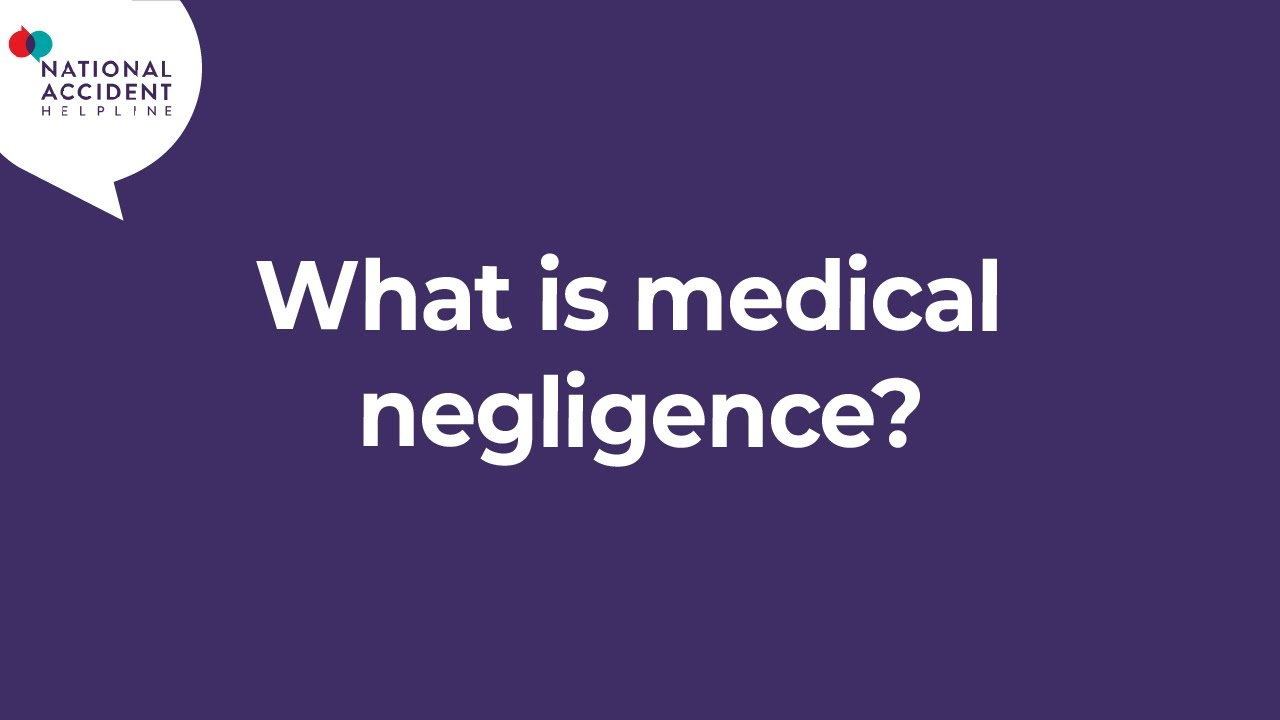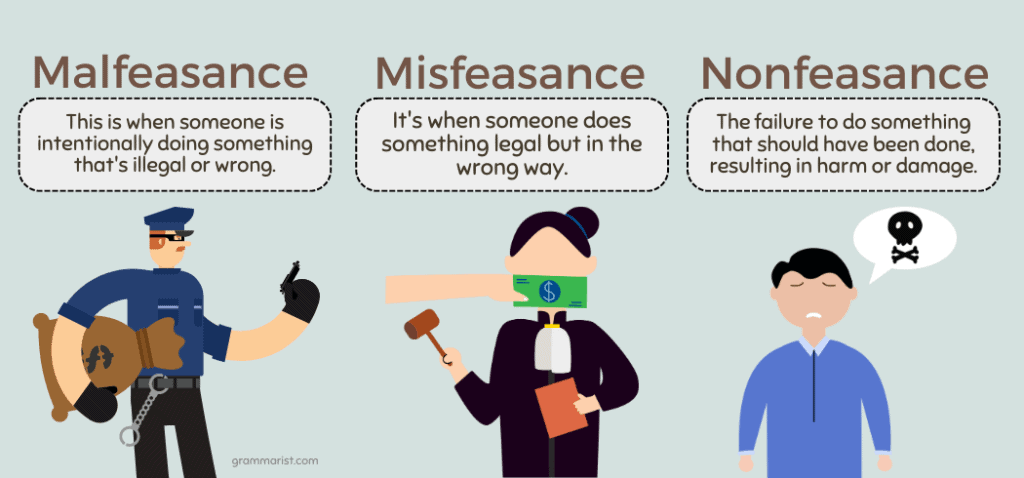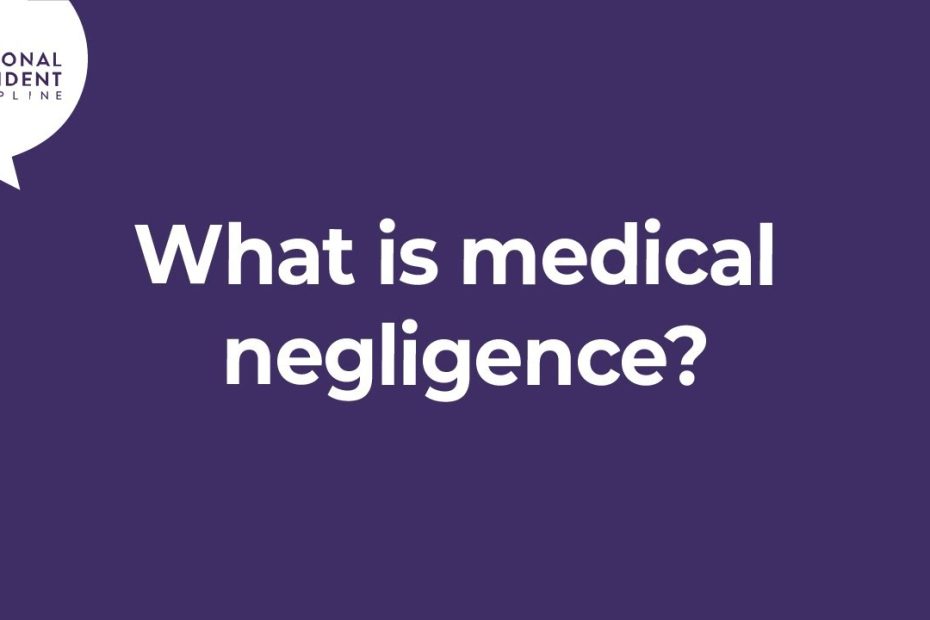Whats The Difference Between Incompetence And Negligence: Unveiling The Contrast
What Weaponized Incompetence Looks Like
Keywords searched by users: What’s the difference between incompetence and negligence professional negligence, weaponized incompetence, gross negligence, gross incompetence, incompetence meaning
What Is The Difference Between Negligence And Negligence?
The terms “neglect” and “negligence” are sometimes used interchangeably, but they have distinct meanings. “Neglect” typically refers to a specific instance where someone fails to attend to or perform what is expected or required. For example, it might involve a single act of gross neglect of duty. On the other hand, “negligence” usually pertains to a habit or recurring trait of failing to meet these expectations. It often describes a consistent pattern of behavior, such as negligence in handling traffic problems over time. In summary, while both terms relate to failing in one’s responsibilities, “neglect” is more about isolated incidents, whereas “negligence” implies a repeated or habitual disregard for duties.
What Is The Difference Between Negligence?
Understanding the distinction between negligence and gross negligence is crucial in legal contexts. Negligence, as a concept, pertains to situations where an individual’s actions or lack of attention lead to an injury due to a careless mistake. In such cases, the harm is typically unintended but results from a failure to exercise reasonable care or caution. On the other hand, gross negligence represents a more severe level of recklessness and disregard for the safety and well-being of others. It involves actions that go beyond mere carelessness and may even be intentional, demonstrating a deliberate and extreme indifference to the welfare of others. Thus, while negligence involves inadvertent errors, gross negligence implies a much higher degree of culpability and misconduct. These distinctions are essential in legal proceedings to determine the appropriate level of liability and potential consequences for the responsible party.
What Is The Difference Between Negligence And Breach Of Duty?
Understanding the distinction between negligence and breach of duty is crucial. Negligence is a legal concept that involves a person’s failure to exercise reasonable care, which results in harm or damage to another party. It encompasses four essential elements, one of which is breach of duty. Breach of duty specifically refers to the situation where someone’s actions or behavior fall short of meeting the established standard of care applicable to a given situation.
In essence, when someone’s conduct does not measure up to the expected standard of care, they are considered to have breached their duty. This breach is a fundamental component of proving negligence. To establish negligence, one must show that the defendant not only breached their duty but also that this breach directly caused harm or injury to another person or entity. In summary, negligence involves the failure to exercise reasonable care, with breach of duty being a pivotal aspect of this broader legal concept.
Details 12 What’s the difference between incompetence and negligence


Categories: Discover 14 What’S The Difference Between Incompetence And Negligence
See more here: cookkim.com

If someone is negligent, it means that they failed to live up to their duty of care. In the case of incompetence, a person did not have the necessary qualifications to perform the act that caused someone’s accident or injuries.Neglect and negligence are occasionally interchangeable, but neglect commonly refers to an instance, negligence to the habit or trait, of failing to attend to or perform what is expected or required: gross neglect of duty; negligence in handling traffic problems.Being convicted of negligence generally means there was a careless mistake or some inattention that resulted in an injury. Gross negligence is a reckless or deliberate disregard for the reasonable treatment or safety of others.
Learn more about the topic What’s the difference between incompetence and negligence.
- Negligence vs. Incompetence in a Personal Injury Case
- Neglect Definition & Meaning – Dictionary.com
- Understanding the Difference Between Negligence and Gross …
- What is Breach of Duty? – Hasner Law, PC
- Negligence, mistake or unexpected result – understanding the difference
- What is the Difference between Negligence and Gross Negligence?
See more: https://cookkim.com/category/guide/
